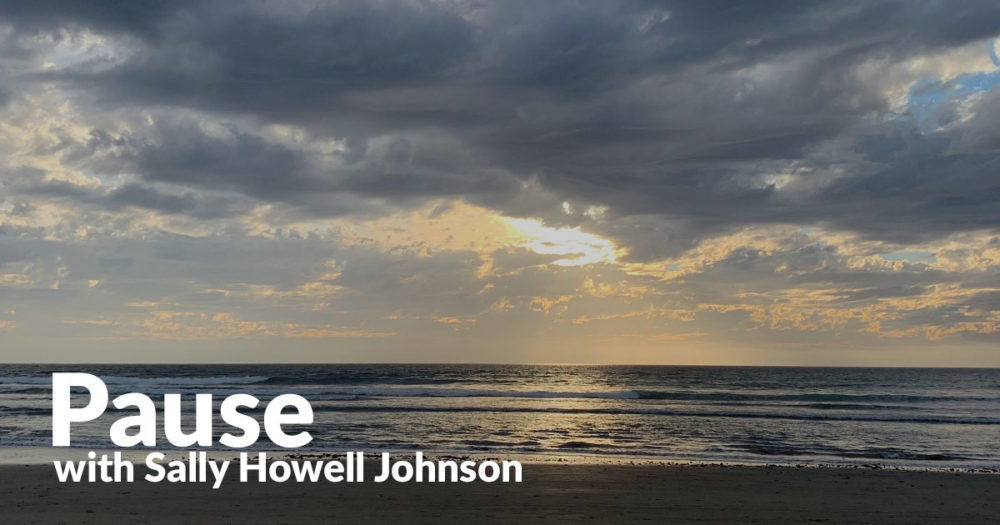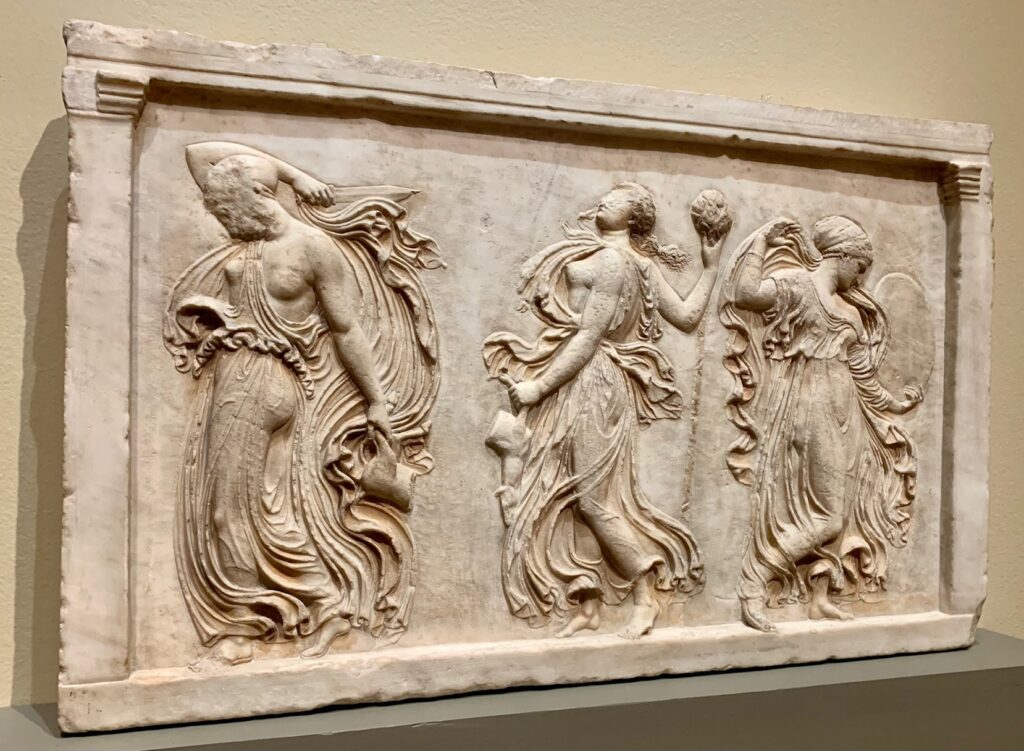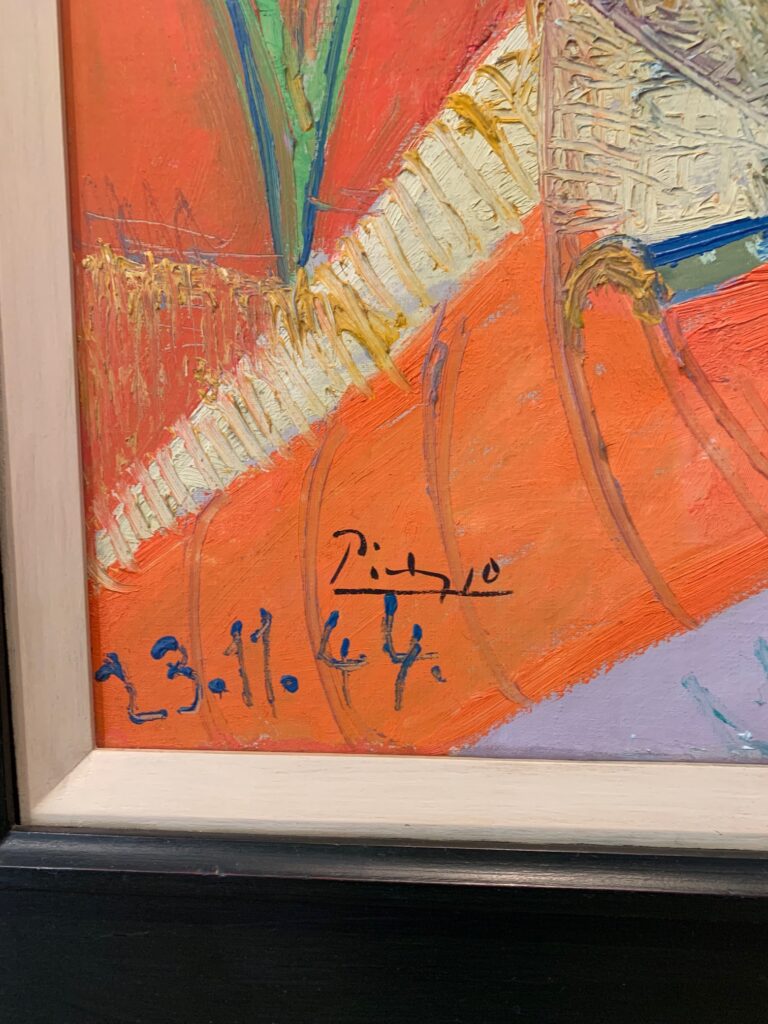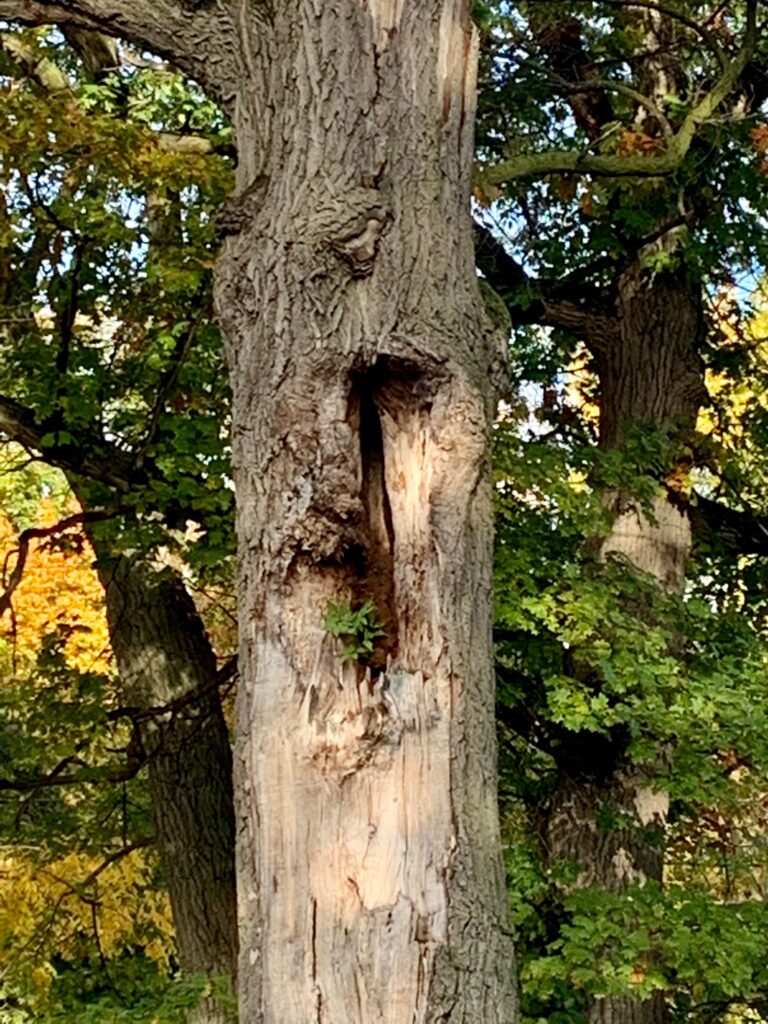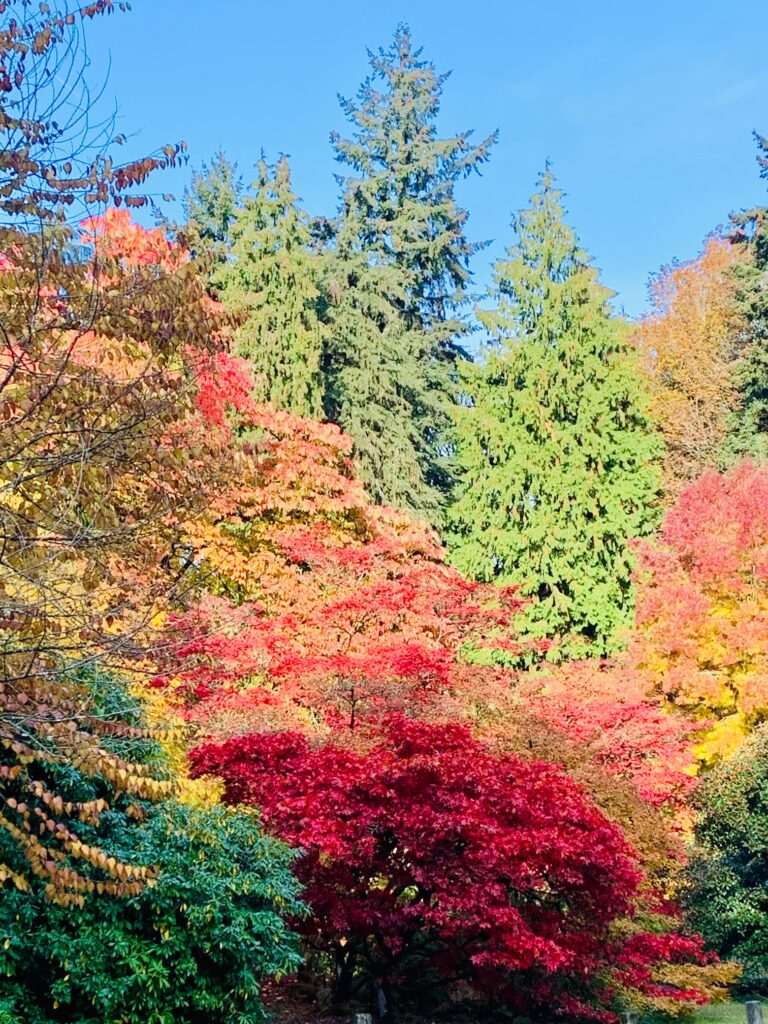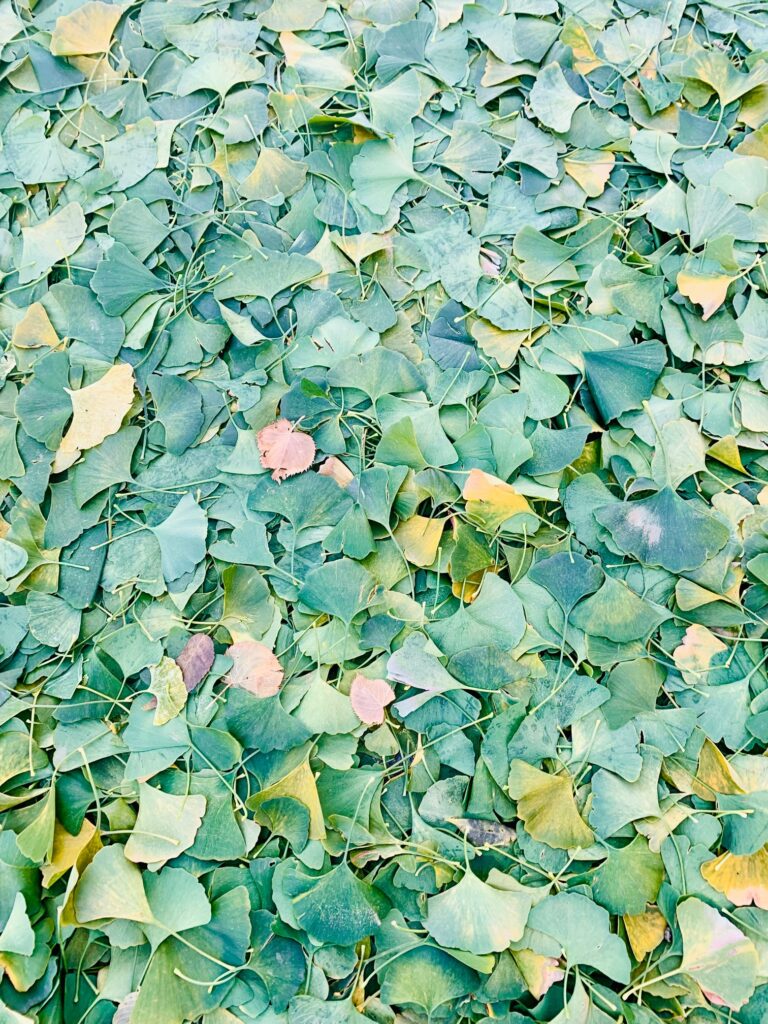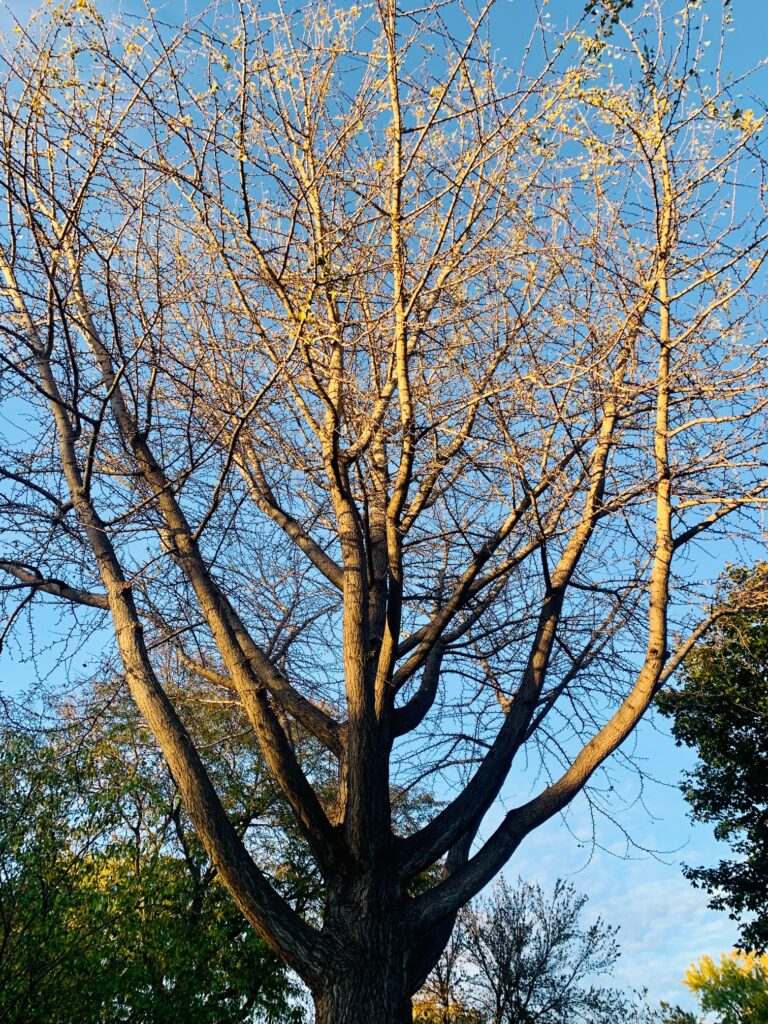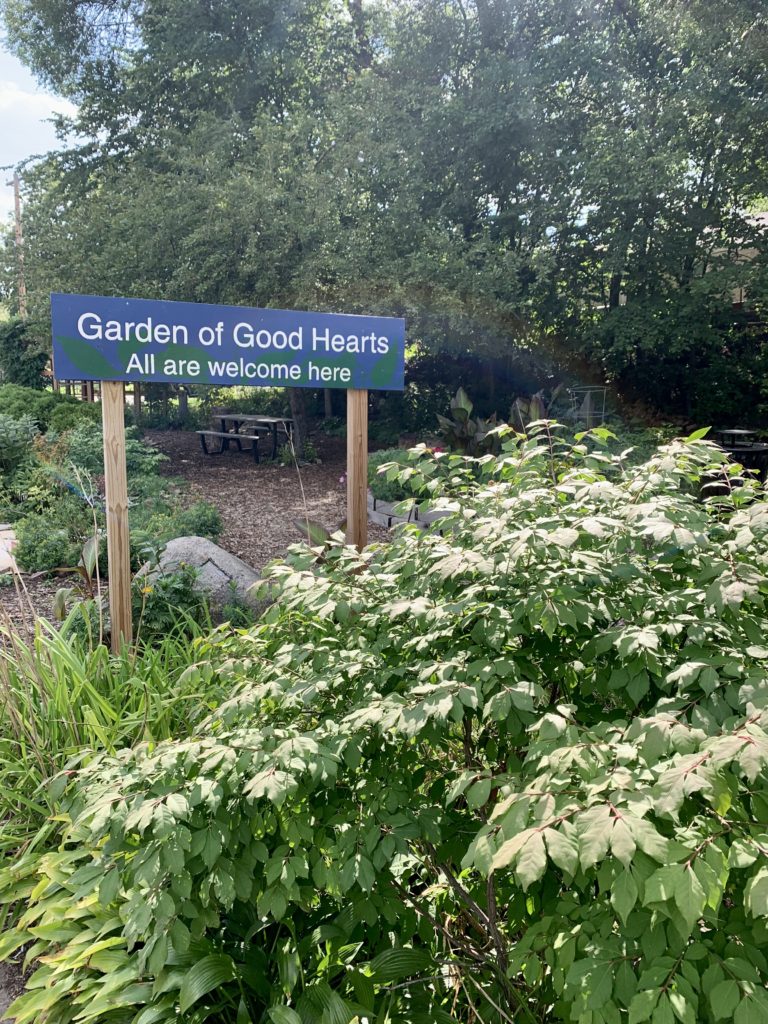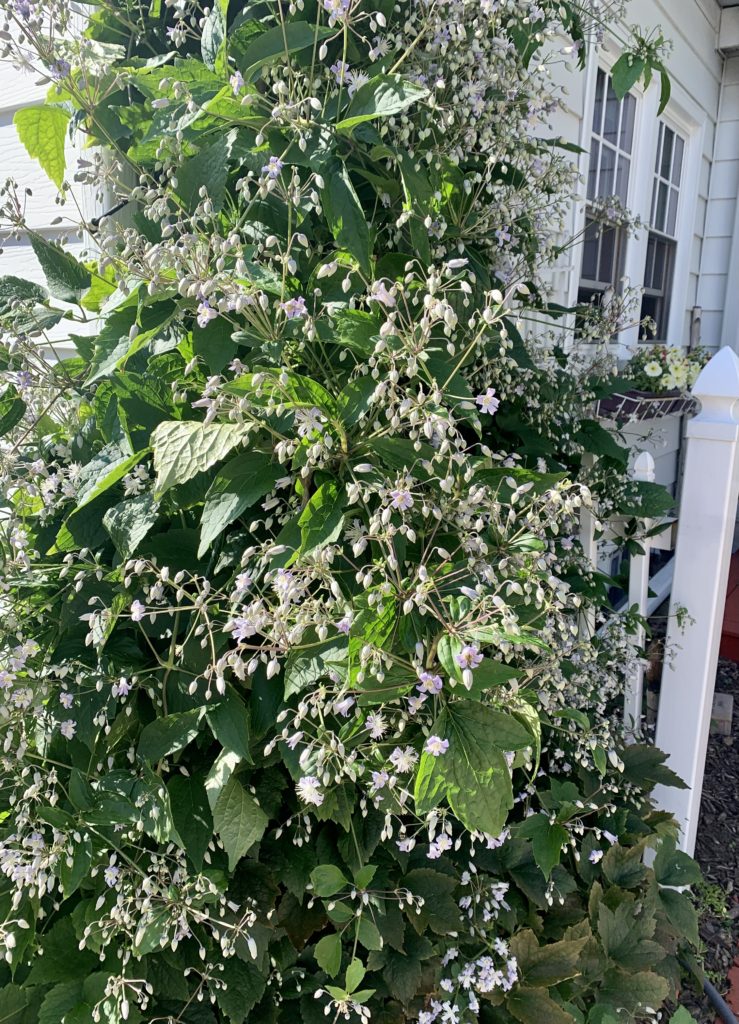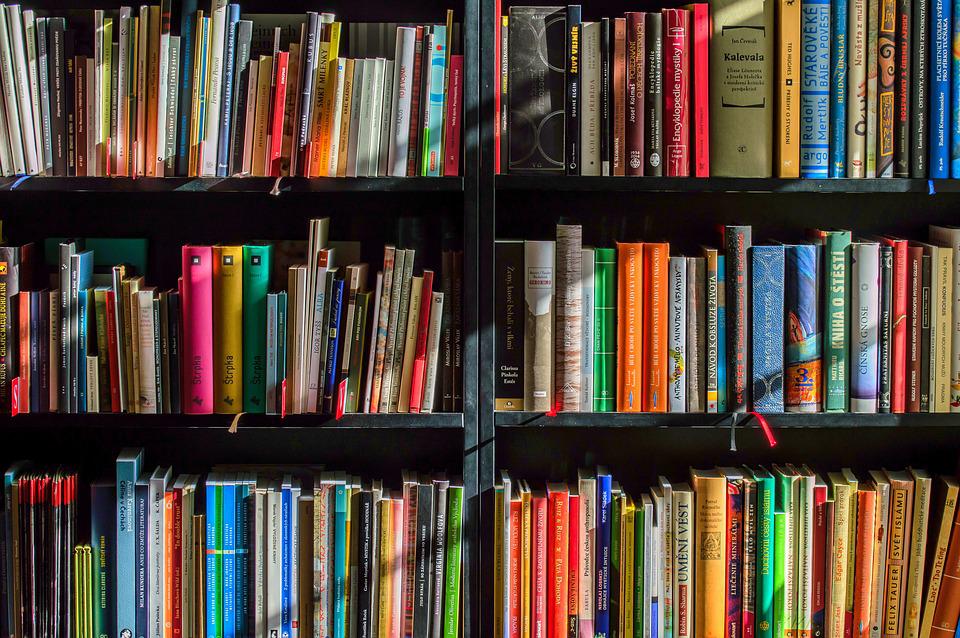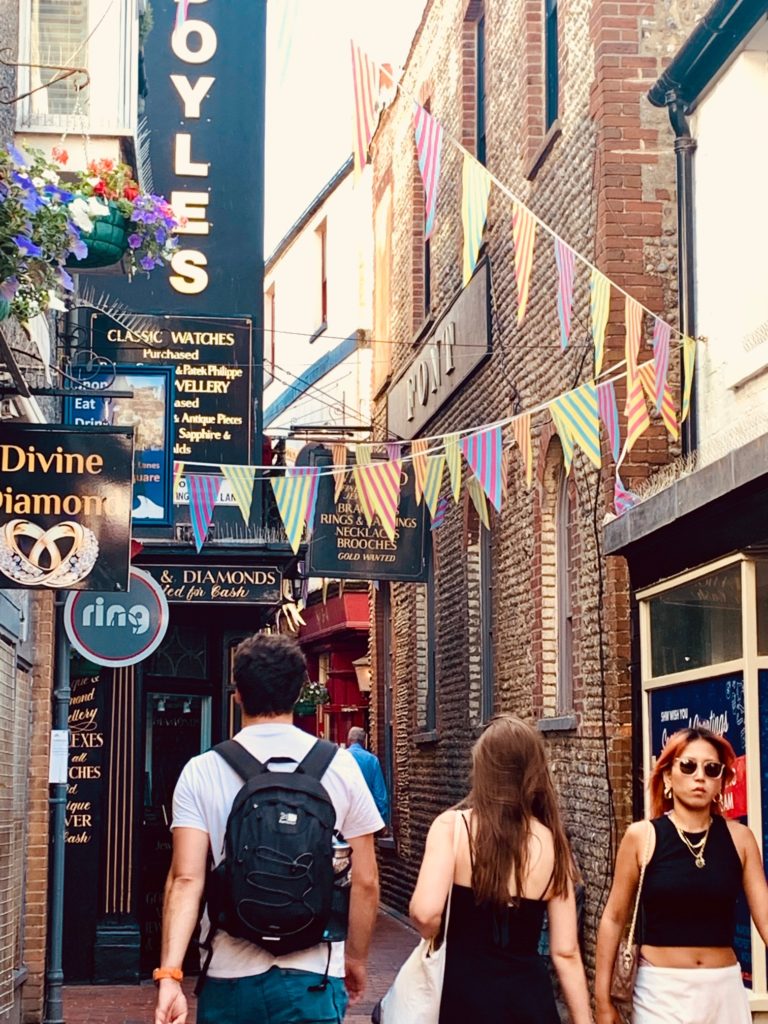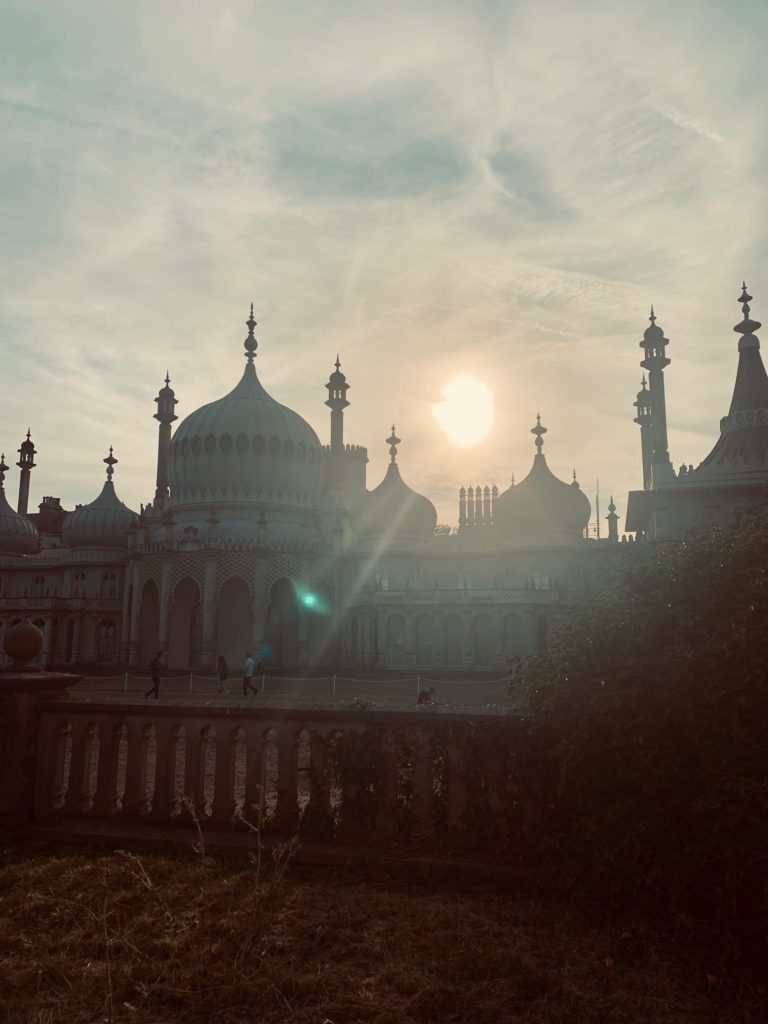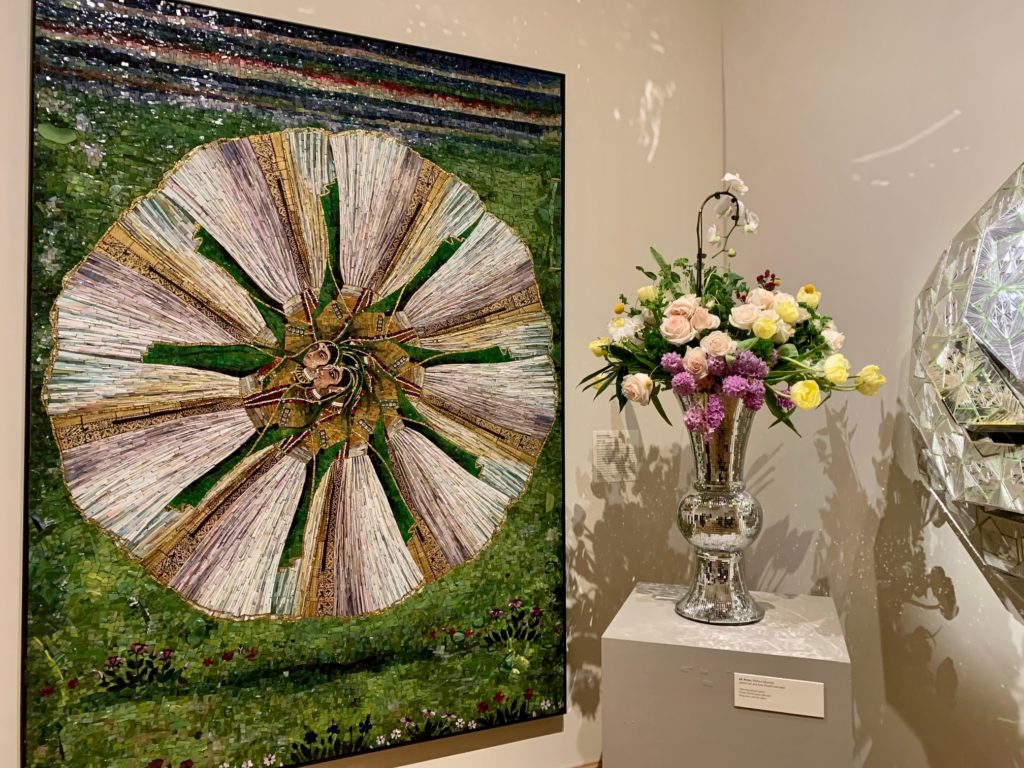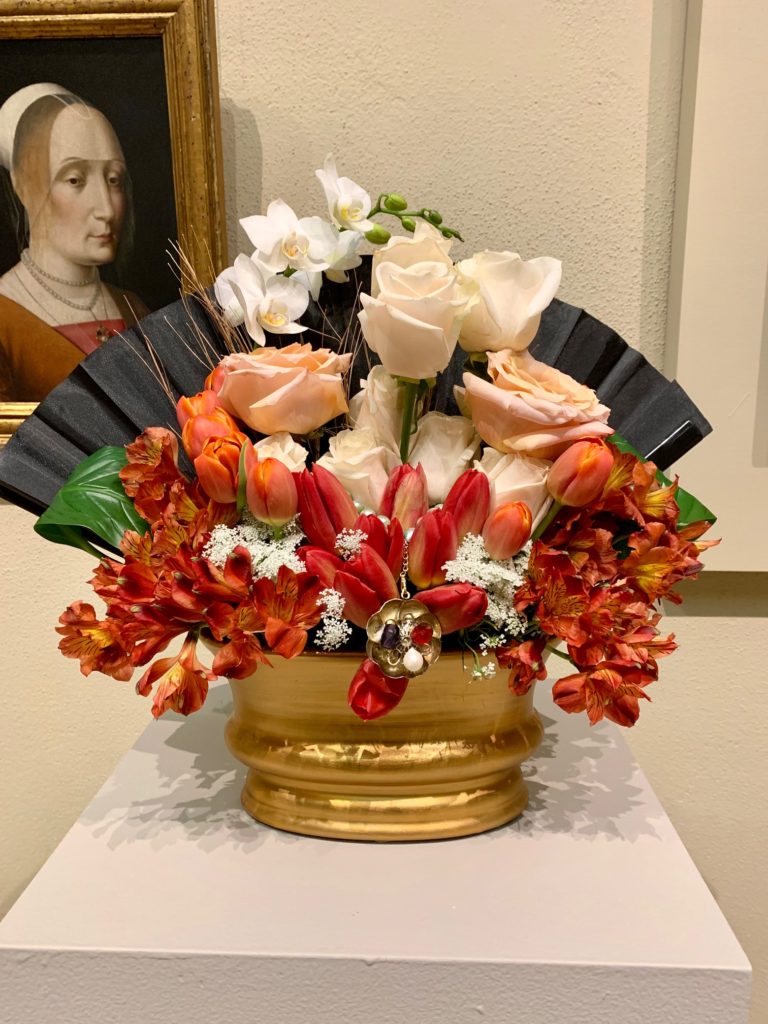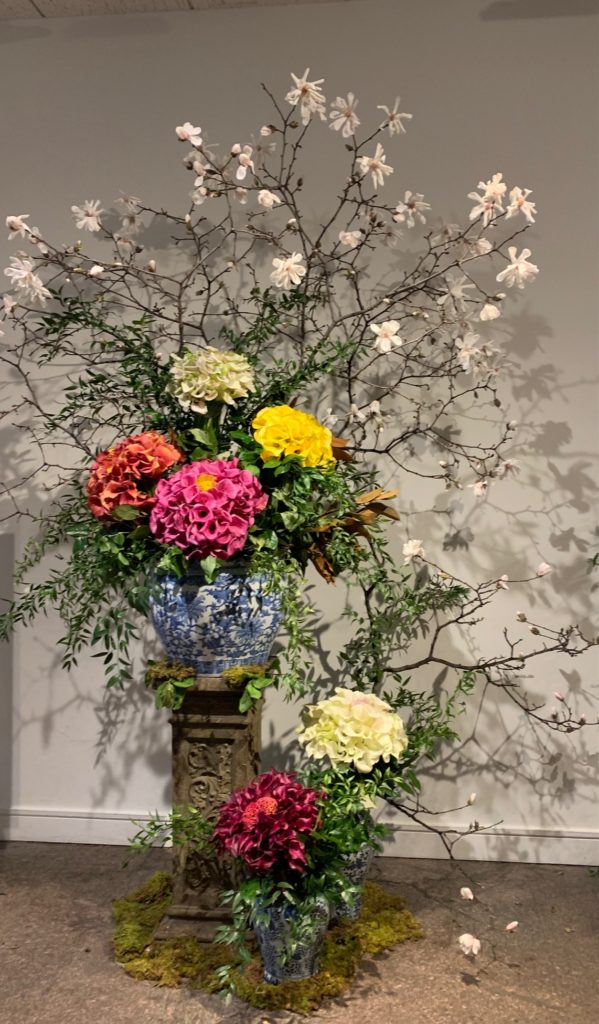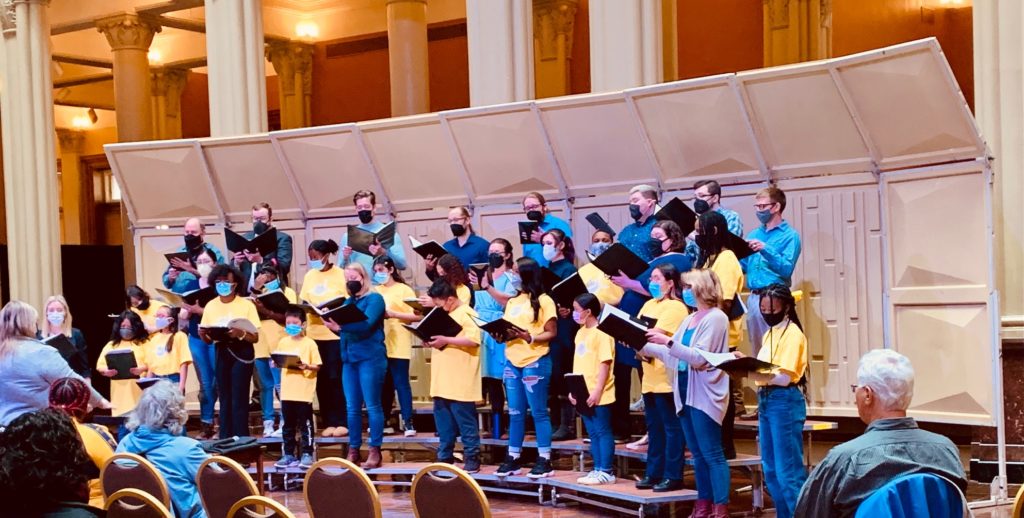“This is the irrational season when love burns bright and wild. Had Mary been filled with reason, there’d have been no room for the child.”
~Madeline L’Engle
We are people ruled by seasons. Spring. Summer. Autumn. Winter. These seasons determine what we wear, where we go, how we live, how we play. And then, for those of us who have made a life in faith communities of the Christian sort, there are other seasons, ones that divide the church-going year. We are now two weeks into the season of Advent…those weeks leading up to Christmas when there is talk about waiting and preparation and anticipation. Not quite the words we hear reflected in the commercials and advertisements that are also flooding our eyes and ears from television or radio or social media.
Advent is my favorite season. I love the need to grapple with the darkness that comes seemingly too soon every day. The songs we often sing are in a minor key and call for brooding and thinking and listening with a soul deep sense. There are candles to be lit and a nudge to simply be, to rest for awhile. No need to rush. It’s okay. Really…it’s Advent.
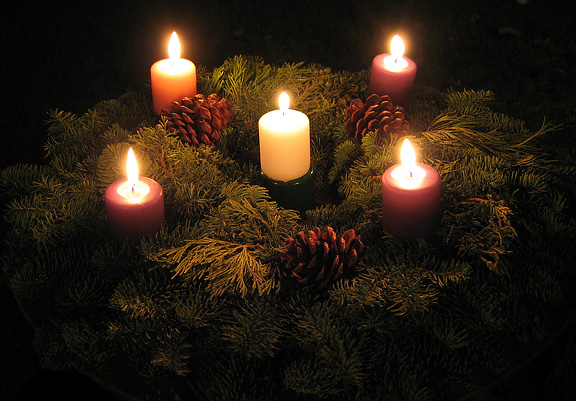
This year I was struck with the power of the question that comes in the reading from scripture that sets the Christmas story in motion. Mary is visited by an angel who tells her she is going to give birth to a boy child and her response is “How can this be?” Thinking of how many times I have heard this story it seemed strange to me that any part of it could be nagging at me the way it is. But two weeks have passed since I heard it once again and I still keep thinking back on that one question.While over the years I have heard many a sermon on this scripture and the various explanations for Mary’s response, still the words won’t let go. Then I realized why the question is staying with me.
“How can this be?” What has captured my attention with these words is that I have thought of the number of places I can imagine people asking…aloud or silently, inwardly…how can this be? Over the last years there have been many times while watching the news and what has unfolded in our country the thought has come to mind…how can this be? When our whole world shut down and we watched in a state of disbelief and confusion as a virus we had never heard of killed people, divided people, confounded people, didn’t we all mutter…how can this be? Then I think of the people who receive a diagnosis or must watch a child struggle with addiction or anxiety or depression while feeling helpless who whisper…how can this be? Then there are those who lose a loved one in a sudden way or watch someone suffer slowly and the only words that seem to fit the situation are…how can this be?
As a lover of questions, I am not completely surprised that this has been my Advent gift. And of course, one question often leads to another which brought me to another that I have often pondered. As someone who started their life out in the theater, a question that often guides improvisational acting is: “What if?” In any scene, like in any life, there are myriad choices that can be made in our actions and responses. What if I move toward this person…what if I walk away? What if I show anger or what if I offer compassion? What if I make a judgment or what if I listen with an open heart? What if I choose kindness no matter the situation, no matter what? This tiny, two word question holds much power.
Two questions. They somehow seem related to me. And while we don’t actually hear Mary’s ‘what if’, clearly it must have been in her mind. Her affirmative answer has shaped the story we tell once again after more than 2000 years. Maybe in the waiting and the preparation and the anticipation of Advent both questions that have been my companions will lead me to the gift of Christmas with new eyes. It is worth a hope.
